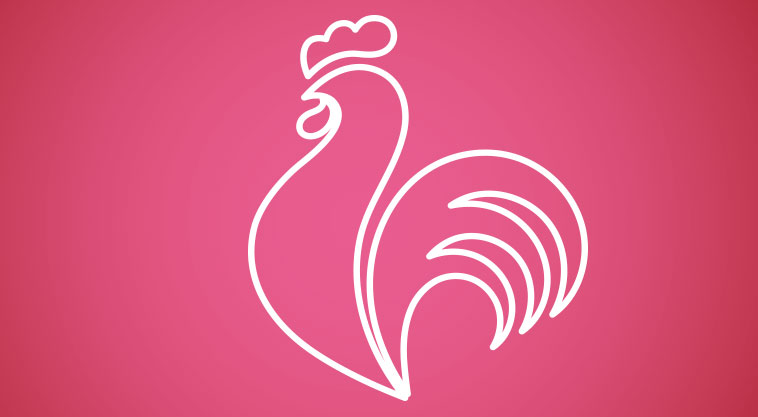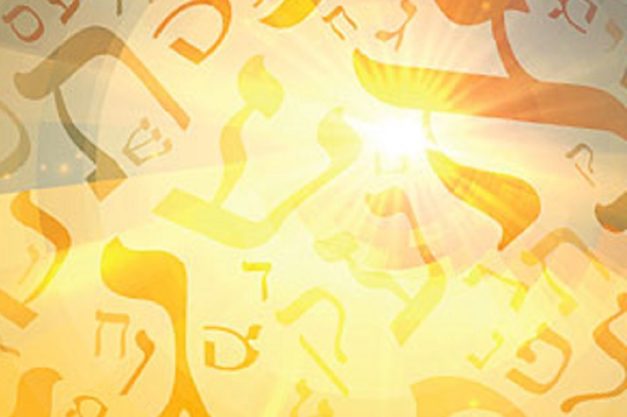Free Slaves


I magine possessing a key that can open any door anywhere in the world. You could open any treasure chest explore any palace.
There is however one problem. You have no idea that this is a master key. You think it’s just the key for a side door of your house so you use it only when you want to clean the yard.
But what if you then realized that the key you own can fit into any lock? What a thrill. Endless possibilities dangle at the end of your key chain.
The brachah of shelo asani aved thanking Hashem for not making us slaves is akin to such a key. When we examine the meaning and depth of this brachah we’ll see endless vistas of spirituality suddenly open before us.
On a superficial level we thank Hashem that we weren’t born as Canaanite slaves but rather as free people. However is this not included in the previous brachah when we thanked Hashem for not making us gentiles? Obviously there’s more to this brachah than meets the eye.
Jewish Pride
Olas Tamid notes that this brachah refers to the command of remembering our exodus from Mitzrayim. We say in the Haggadah that had Hashem not redeemed us we’d still be slaves today. Therefore the brachah thanks Hashem for redeeming us from Egypt and from the bondage we experienced there.
The message of redemption goes even deeper notes Laboker Rinah both on a global level as well as on an individual level. The moment we became Hashem’s people we could no longer be subjugated by any nation. Although many nations have tried to rule us and to strip us of our humanity we will never be under their domain. Throughout history nations have tried to dominate us to make us their slaves; ultimately they have always failed. This brachah then is a moment to reflect on how Hashem continually watches over us. It’s a time to think about how the promise that we’ll always endure as a nation is continually fulfilled — even under the direst circumstances.
This Jewish pride the knowledge that no nation can ever fully control us and we are always only Hashem’s nation is what has given generations of Jews the inner strength to face their oppressors. It enabled Jews to go to the gas chambers singing “Ani Maamin.” This brachah is therefore another facet of the previous brachah in which we thanked Hashem for not making us a non-Jew. It expresses our pride in our chosenness: We are Hashem’s special nation.
A Double Slavery
The exodus from Mitzrayim has a more personal component as well. Laboker Rinah points out that we were freed from the place referred to as “the house of slavery.” Mitzrayim descended from Cham who as we read in parshas Noach was cursed to perpetual slavery. The Sifsei Cohen (Bereishis 9) notes that they were cursed with a double language: “slaves to slaves.” The double language has a double implication: Not only are they slaves to their brothers they’re also slaves to their desires. Ohr HaChaim Hakadosh (Vayikra 18:2) emphasizes that our redemption — culminating in receiving the Torah — enables us to free ourselves from slavery to our impulses and desires.
What does this mean for us today? We often attribute our failings to external reasons: “I was born that way”; “If you think this is called being angry you should have seen my mother”; “It’s my temperament what can I do?”
At the start of each day this brachah reminds us that we’re not slaves to nature or nurture. We have the capacity and ability to identify our behavior patterns — and change them.
This brachah also sounds a warning call: Don’t allow yourself to be enslaved whether to peer pressure societal norms fashion or anything that’s antithetical to Torah values. Each morning we are gifted with a moment of self-reflection. We can ask ourselves: Is there something I’m “enslaved to”? We can recognize it and make a conscious effort to try and extricate ourselves from it — and then say this brachah.
The Chofetz Chaim before reciting the brachah of not making us a non-Jew would engage in a few moments of self-reflection — what had infiltrated from the non-Jewish world? Was there any goyishkeit inside him?
Our phones are but one example that needs an honest evaluation. Recently I heard of a first-grade boy who was nervous before his siddur play. “All the mommies will be staring and I’ll forget everything I need to say ” he told his mother.
The mother reported “At one point I saw that he was completely calm. I asked him about it. He said ‘I looked around and saw that all the mommies were on their phones. So they weren’t even looking at me.’ ”
This brachah forces us to see that we have the capacity to free ourselves and we need to actualize it in all areas of our lives.
True Slavery
This brachah reminds us of Yetzias Mitzrayim thanking Hashem for removing the yoke of servitude from us at that time. But did we not become slaves to Hashem at that juncture? Asks Lefanav Naavod: How can we understand this brachah when we retained our status as slaves going from being slaves of Pharaoh to slaves of Hashem?
To appreciate his answer we need to remind ourselves that we are a composite of two opposing forces: our neshamah which is likened to an angel and our body which is likened to an animal. It’s impossible for both forces to be in control at the same time. Chazal teach us that the truly free person is one who is totally involved in the service of Hashem. What does this mean?
When emptiness niggles at us we have two choices. We can try to fill the vacuum with the physical world — pleasure in the form of food shopping external validation. Or we can reach for our spiritual selves and fill ourselves with connection: meaningful relationships giving prayer or simply a few moments of silence.
Ultimately it’s only by identifying with our souls that we will achieve satisfaction and joy. The words of Shabbos davening ring loud and clear: “Yismach Moshe b’matnas chelko ki eved neeman karasa lo.” Moshe rejoiced in his portion — why? — because he was called a true eved Hashem. There’s no greater recipe for joy than striving to identify with our souls and becoming truly free — as faithful servants of Hashem.
With this we can appreciate the depth of this brachah. We thank Hashem for not “making” us a servant but rather for giving us the free choice and opportunity for us to fashion ourselves into servants of Hashem: “Everything is in the hands of Heaven except for fear of Heaven.”
What a wonderful key this brachah affords us each day: to keep our priorities in check and enable us to live a life full of meaning and true freedom. (Originally featured in Family First Issue 566)
Oops! We could not locate your form.



